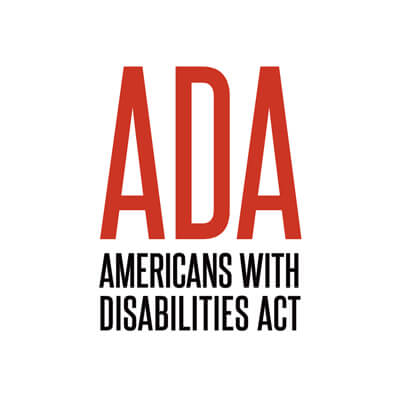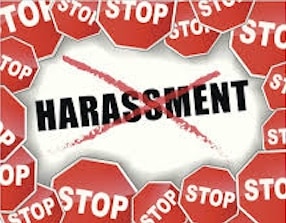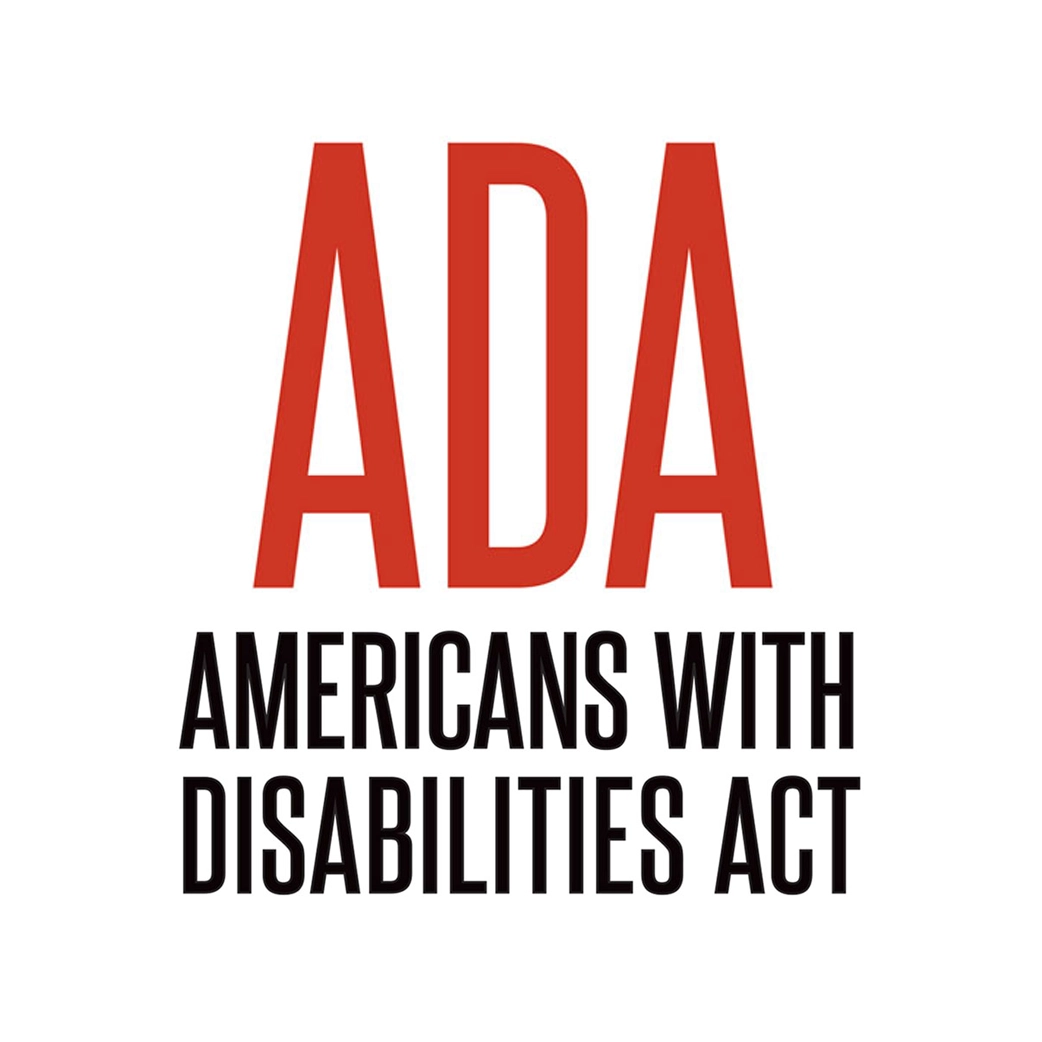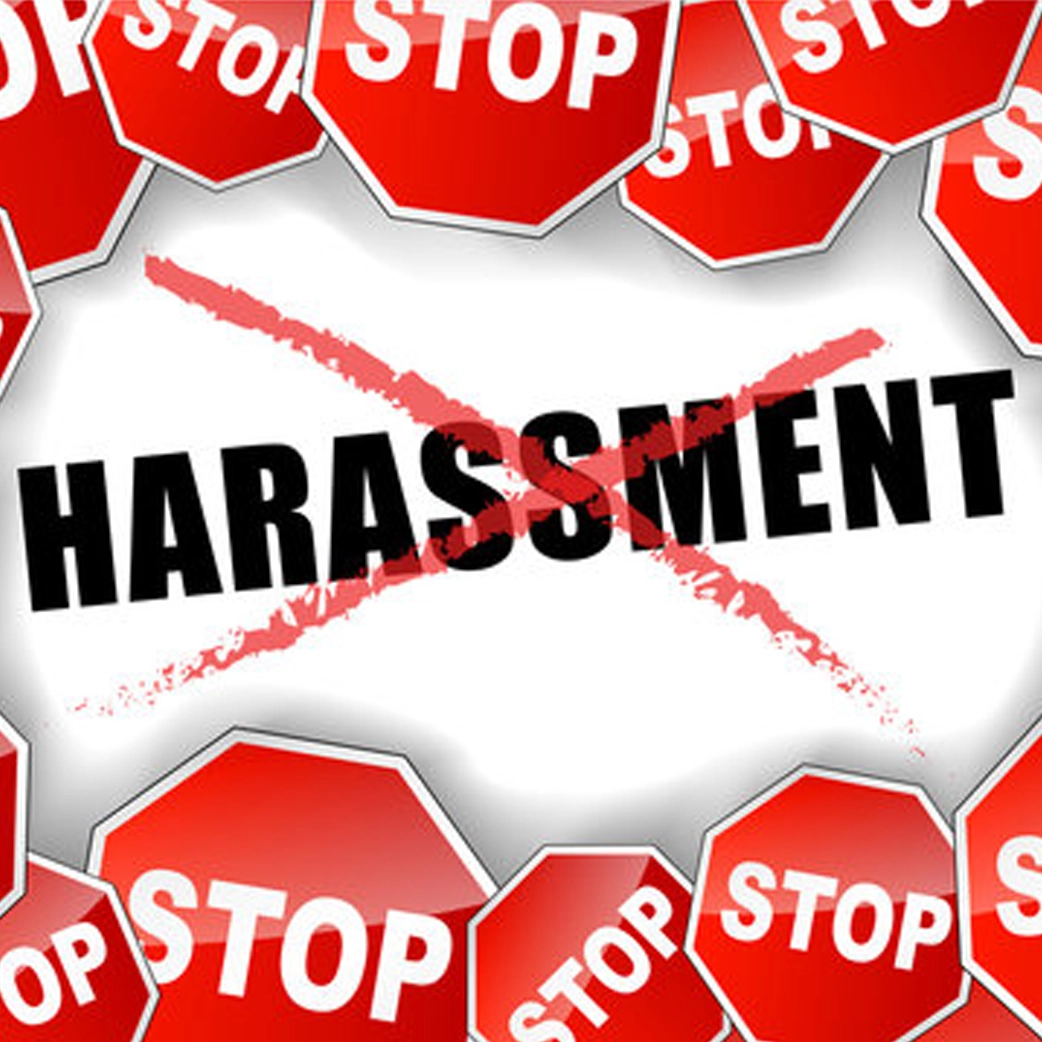Coronavirus Update 190700APR20
Online John Hopkins CSSE Coronavirus Dashboard
WHO Novel Coronavirus (2019-nCoV) website
European Centre for Disease Prevention and Control, Novel coronavirus in China page
The number of cases worldwide continues to climb. According to health officials, there have been 2,338,335 confirmed cases of COVID-19. More than 161,030 people have died.
LOUISIANA
Please go to http://ldh.la.gov/Coronavirus/ for official information on Positive Test Results and locations. It is updated 12 noon daily. LDH officials’ latest report: As of last report all Parishes have reported (64 of 64) cases with state totaling 23,580 cases of COVID-19 and 1,267 deaths across the state.
1,761 Reported COVID-19 Patients in Hospitals; 347 of those on ventilators
6,249 Tests Completed by State Lab; 131,750Commercial Tests Completed
SEE ATTACHED SPREADSHEET FOR LATEST PARISH INFO UPDATE WILL BE AT NOON TODAY
NATIONAL
The U.S. has the highest number of confirmed COVID-19 cases and deaths worldwide. As of Saturday, April 19, authorities have reported 735,287 confirmed cases and 39,158 deaths.
New York governor Andrew Cuomo announced the extension of the state’s shutdown measures until Friday, May 15, to prevent further spread of the coronavirus disease. The East Coast states of New Jersey, Pennsylvania, Rhode Island, Connecticut, Massachusetts, andDelaware are expected to extend their measures for the same period. Idaho extended its stay-at-home orders through Thursday, April 30, and imposed a measure requiring any non-resident who enters the state to undergo a two-week self-quarantine. Los Angeles announced an extension to the current stay-at-home order until Friday, May 15. Additionally, protesters gathered on the steps of the Capitol building inAustin (Texas) on Saturday, April 18, in the latest of a series of nationwide demonstrations against the shutdown measures. Similar protests were reported between April 15-17 in California, Michigan, North Carolina, Kentucky, Ohio, and Virginia. Protesters have been calling for the reopening of the economy and the end of stay-at-home measures. While United Airlines announced that it will cut its flight schedule by 90 percent in May and expects similar cuts for June due to the COVID-19 outbreak. The airline stated that passenger levels were down 97 percent during the first two weeks of April compared to the same period last year.
The U.S. State Department has issued a “Do Not Travel” health advisory. The Department of State advises U.S. citizens to avoid all international travel due to the global impact of COVID-19. In countries where commercial departure options remain available, U.S. citizens who live in the United States should arrange for immediate return to the United States, unless they are prepared to remain abroad for an indefinite period. U.S. citizens who live abroad should avoid all international travel.
INTERNATIONAL
On Saturday, April 18, Japanese health authorities announced that 10,150 cases of the coronavirus disease (COVID-19), as well as over 200 related fatalities have been confirmed nationwide. The number of cases in the country has rapidly increased and, as authorities accelerated testing, it doubled in the space of ten days. On Thursday, April 16, Japanese Prime Minister Shinzo Abe announced that the current state of emergency would be extended to the entire country until Wednesday, May 6. The state of emergency had previously been in place from Tuesday, April 7, for the prefectures ofTokyo, Kanagawa, Saitama, Chiba, Osaka, Hyogo, and Fukuoka. Abe stated that expanding the state of emergency is aimed at reducing movement ahead of the Golden Week holiday between Sunday, May 3, and Wednesday, May 6. Upon its announcement on April 7, the emergency did not include a lockdown; however, it gave prefecture governments the power to request that residents remain at home unless they are buying food or seeking medical assistance. The state of emergency also authorizes governors to close schools, public spaces, and other facilities. The Japanese government previously announced on Tuesday, March 31, that it would be extending an entry ban to foreign nationals from 49 more countries, including the US, Canada, China, South Korea, and most European countries and some parts of Southeast Asia, due to the ongoing COVID-19 pandemic. The updated list covers a total of 73 countries, which can be found here. Foreign travelers who have been to these areas in the last 14 days will be prohibited from entering Japan. The Ministry of Foreign Affairs has also advised its citizens against nonessential travel abroad, particularly to the countries mentioned in the latest measures. The 2020 Olympics, originally set to take place in Tokyo, has also been pushed back to 2021 due to COVID-19 concerns.
In the U.K., disadvantaged teenagers in England will be able to borrow laptops to help them study at home when schools are closed during the coronavirus pandemic. The Department for Education is also supporting free online lessons for primary and secondary pupils. Laptops or tablets will be provided for some deprived 15-year-olds who do not already have access to a computer. Education Secretary Gavin Williamson said it will “take the pressure” off parents with children at home. “Schools will remain shut until the scientific advice changes,” said Mr. Williamson. To help parents now running their own classrooms, the government is promoting a series of 180 online lessons per week, for pupils from reception through to Year 10. Laptops or computer devices will be provided for some disadvantaged pupils in Year 10 – who will be taking their GCSEs next year. There is no specified number of laptops available, or set budget, and it will be up to schools or local authorities to decide who needs help with access to a computer. They will also be available to children with a social worker or those leaving care – with schools keeping the computers when regular classes open again. There is also the offer of some 4G routers to help families connect to the internet. The promises over technology reflect worries that pupils from poorer families could be disproportionately losing out during the weeks out of school. An academy trust, AET, has already bought 9,000 laptops and devices to give a computer to all its pupils eligible for free school meals, so that they can stay connected. While the government said that testing for COVID-19 would be freely available to National Health Service (NHS) staff, who are on the front line of combating the disease. The statement follows concerns from healthcare professionals, who according to Health Service Journal, have revealed that they are not being tested for the virus despite being exposed to infected patients. “Sir Simon Stevens [chief executive of NHS England] was therefore able to confirm on Friday that a testing program to support the retention of NHS staff can now begin this week, and we all urgently want to be able to expand testing to cover as many staff as possible,” a letter from the NHS to its healthcare staff said. The U.K. has 115,314 confirmed cases with 15,464 deaths.
In the KSA, the Ministry of Interior announced the implementation of a 24-hour curfew in Samtah and Al Dayer districts (Jizan province) in efforts to contain the spread of the coronavirus disease. The curfew was brought in with immediate effect and will be effective until further notice. Under the restrictions, individuals will be prohibited from entering or leaving the districts and will only be able to leave their homes for essential purposes between 06:00 to 15:00 (local time). All but essential commercial activities are prohibited during the duration of the restrictions. Previously, on Wednesday, April 15, the same measures were imposed in Dammam’s Al-Atheer district. On Sunday, April 12, King Salman announced that the kingdom’s ongoing nationwide curfew will be extended until further notice, leaving in place current containment measures. Authorities initially announced a 21-day nationwide curfew on Monday, March 23. The ban on movement into and out of Riyadh, Jeddah, Mecca, and Medina continues and travel between all 13 provinces is prohibited. An indefinite suspension of international passenger flights is in place, as well as a temporary suspension of domestic flights, public buses, and some taxi and train service. Only businesses providing vital food, health, or utility services will remain operational. Malls, restaurants, coffee shops, and public parks are also closed. An indefinite 24-hour curfew is in effect for the cities of Riyadh, Tabuk, Dammam, Dhahran, Hofuf, Mecca, and Medina, as well as the provinces of Jeddah, Taif, Qatif, and Khobar. During the curfew, only vital workers will be allowed to enter or exit the affected areas. A complete lockdown remains in place in six districts of Medina as of Saturday, April 18, until further notice. Measures have been imposed on ash-Shuraybat, Qurban, al-Jumuah, Banidhafar, some areas of al-Iskan, and Bani Khidrah. All movement is restricted in those areas, and residents are prohibited from circulating outside their homes. Delivery services will remain operational to provide basic necessities. As of Saturday, April 18, there have been 8274 confirmed cases of COVID-19 in the kingdom, with 92 associated deaths.
In Afghanistan, the government announced a three-week extension of the lockdown measures implemented in Kabul Province in an effort to contain the spread of the coronavirus disease in the country. Lockdown measures include a ban on inter-city travel and a reduction of all non-essential services. Government employees and those working in the health, food, telecommunications, and media sectors are exempted from the restrictions, alongside those shopping for basic necessities. Previously, on Wednesday, April 15, authorities in Kabul announced an indefinite ban on motorcycle use in the city. Security forces registered a sharp uptick in crime and murders committed using motorbikes in the capital since the lockdown was instituted earlier in March, sparking the ban. Herat, near the border with Iran, and Kabul have become Afghanistan’s COVID-19 outbreak epicenters. As of Saturday, April 18, there are 993 confirmed COVID-19 cases and 32 related deaths.
In Iraq, the Minister of Health and Environment, Dr. Jaafar Allawi, announced the instigation of a partial curfew from Thursday, April 23, to coincide with the start of the month of Ramadan. The partial curfew will replace the existing nationwide lockdown put in place to contain the spread of the coronavirus disease, which came into effect on Sunday, March 22. Under the new measures, civilian movement will be restricted between 18:00 and 06:00 (local time) and government offices will partially reopen. The restrictions are likely to vary nationwide depending on the measures imposed by provincial governments. Under the country’s existing measures, individuals are able to leave their homes for essential purposes, such as purchasing food supplies or for medical reasons. From Thursday, April 23, existing measures, such as the closure of educational institutions and border closures, will remain in place. All international flights are currently suspended by the Civil Aviation Authority until at least Friday, April 24, excluding flights for repatriating Iraqi nationals. Also on Friday, April 17, the Kurdistan Regional Government (KRG) announced a similar easing of restrictions from Thursday, April 23. As such, certain businesses, such as bakeries, food markets, and barber shops, will be allowed to reopen. Other measures regarding the easing of restrictions will vary in the individual governorates. All commercial flights from and to the Kurdistan region remain suspended and border crossings closed. As of Saturday, April 18, there are 1513 confirmed COVID-19 cases and 82 related deaths nationwide.
In Azerbaijan, on Saturday, April 18, authorities announced that the current quarantine restrictions in place nationwide will be extended for a further two weeks until Monday, May 4, amid the coronavirus disease. Under the measures, individuals over the age of 65 are prohibited from leaving their homes. The country’s borders with neighboring Georgia and Iran will also remain closed during this period. Travel to and from the capital Baku, Sumgayit, and Absheron is restricted, with the exception of special-purpose vehicles and cargo transportation vehicles. Passenger transportation between cities and districts is suspended, as is the operation of all shopping centers, except for grocery stores, supermarkets, and pharmacies. Further, public gatherings of more than ten people have been banned and, as of Sunday, March 29, walking in parks and boulevards is also prohibited. To date, there have been 1373 confirmed cases of COVID-19 in Azerbaijan, including 18 associated fatalities.
In Australia, the foreign minister, Marise Payne, has called for an independent global investigation into the spread of Covid-19. Payne says she does not think the World Health Organization should run the investigation, saying she shares some of the concerns expressed by the US about the agency’s handling of the pandemic. Payne was also reluctant to answer questions about whether she “trusts” China in terms of its response to the virus. While the federal health minister, Greg Hunt, said elective surgery and IVF could resume sooner than previously expected, thanks to an increase in PPE equipment available to Australia’s healthcare system. Hunt also took a swipe at the WHO, saying its response to the crisis “didn’t help the world”. While a number of beaches in Sydney’s eastern suburbs will reopen on Monday, but only for exercise. Randwick Council says that from tomorrow Coogee, Maroubra and Clovelly Beaches will be made available for “exercise purposes only”. That means jogging on the sand, walking, swimming, surfing and other exercise activities will now be permitted. Sydney’s eastern suburbs beaches were closed on 28 March after large crowds were filmed gathering at neighboring Bondi Beach. “Living along the coast, I know how important our beaches are to the mental and physical health of so many in the community,” Randwick mayor Danny Said said. “The past three weeks have been difficult as we’ve all had to make changes and sacrifices to our daily routines. Our decision to close the beaches three weeks ago was not taken lightly and factored in the risk of coronavirus spread, particularly given the concentration of Covid-19 cases in the eastern suburbs area along with the popularity of our beaches. Australia has 6,606 confirmed cases and 71 deaths.
BUREN R. (Ric) MOORE, SGM (R)
GOHSEP Intelligence Officer
Louisiana State Analytical & Fusion Exchange (LA-SAFE) Liaison
Office: 225.925.3674
Cell: 225.936.0404
In the case of terrorism, to wait for an indication of crime before investigating it is to wait too long. There is no guarantee of success, but there has to be a guarantee of effort. Let’s make it hard to hurt us. If you see something suspicious, report it.

